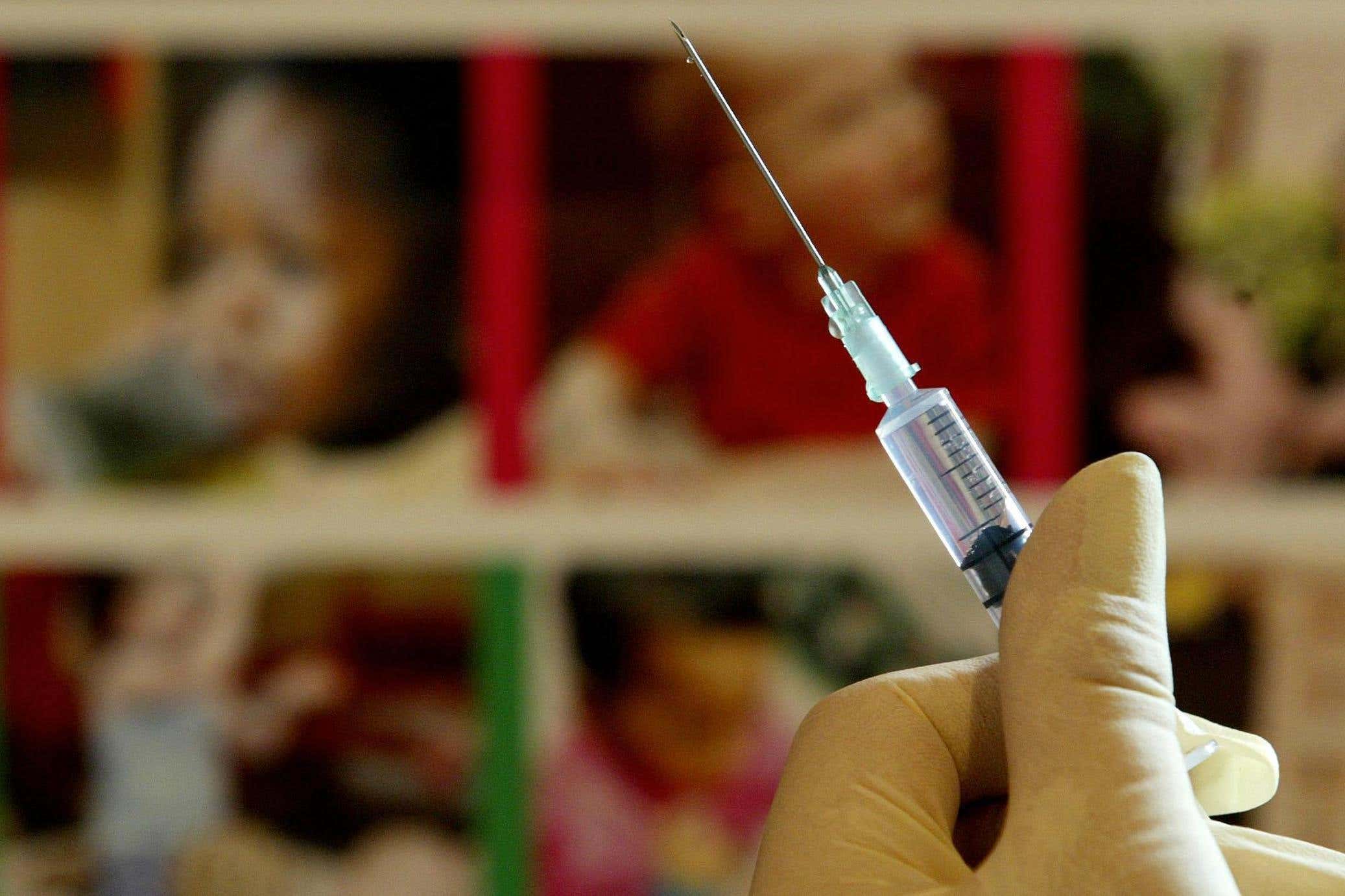Drop red tape to tackle ‘deeply troubling’ measles outbreak, urges Labour
The shadow health minister criticised the Government’s failure to act after the UK lost its measles-free status five years ago.

A shadow health minister has described the measles outbreak as “deeply troubling” and called for more powers to be given to health visitors to vaccinate children.
Speaking at the Institute for Government Conference in London, Labour’s Karin Smyth said “alarm bells have been sounding” since the UK was stripped of its measles-free status in 2019, adding that the Government “failed to act”.
“The cost of that failure is the deeply troubling measles outbreak we’re seeing today,” she added.
Figures show there have been 216 confirmed measles cases and 103 probable cases in the West Midlands since October 1 last year.
We would like to have things like health visitors being able to vaccinate children
The majority (80%) came from Birmingham, with the remainder in Coventry. Most cases were in children under 10.
Ms Smyth’s comments followed the launch of an NHS campaign urging millions of parents to book their children in for missed measles, mumps and rubella (MMR) vaccines.
On Monday, the Government warned that almost 3.5 million under-16s are at risk of catching the diseases as a result of not being vaccinated.
Ms Smyth said “red tape” that stops health visitors administering jabs “has left thousands of children without their MMR vaccination”.
She added: “We would like to have things like health visitors being able to vaccinate children make it much more accessible.”
Health minister Maria Caulfield said there has been a “gradual 10-year decline” in population coverage with the MMR, with factors such as disruption during the pandemic blamed and the impact of discredited claims made in 1998 by Andrew Wakefield.
Ms Smyth called for better online safety, with restrictions put in place on platforms to stop misinformation being put forward, “particularly in areas of public health”.
The NHS vaccine catch-up scheme will target all parents of children aged six to 11, urging them to make an appointment for any missed MMR jabs.
It will also target areas of low uptake, contacting more than one million people aged 11 to 25 in London and the West Midlands.
The first dose of the MMR jab is usually offered to babies aged one, with the second dose given at three years and four months.
Bookmark popover
Removed from bookmarks